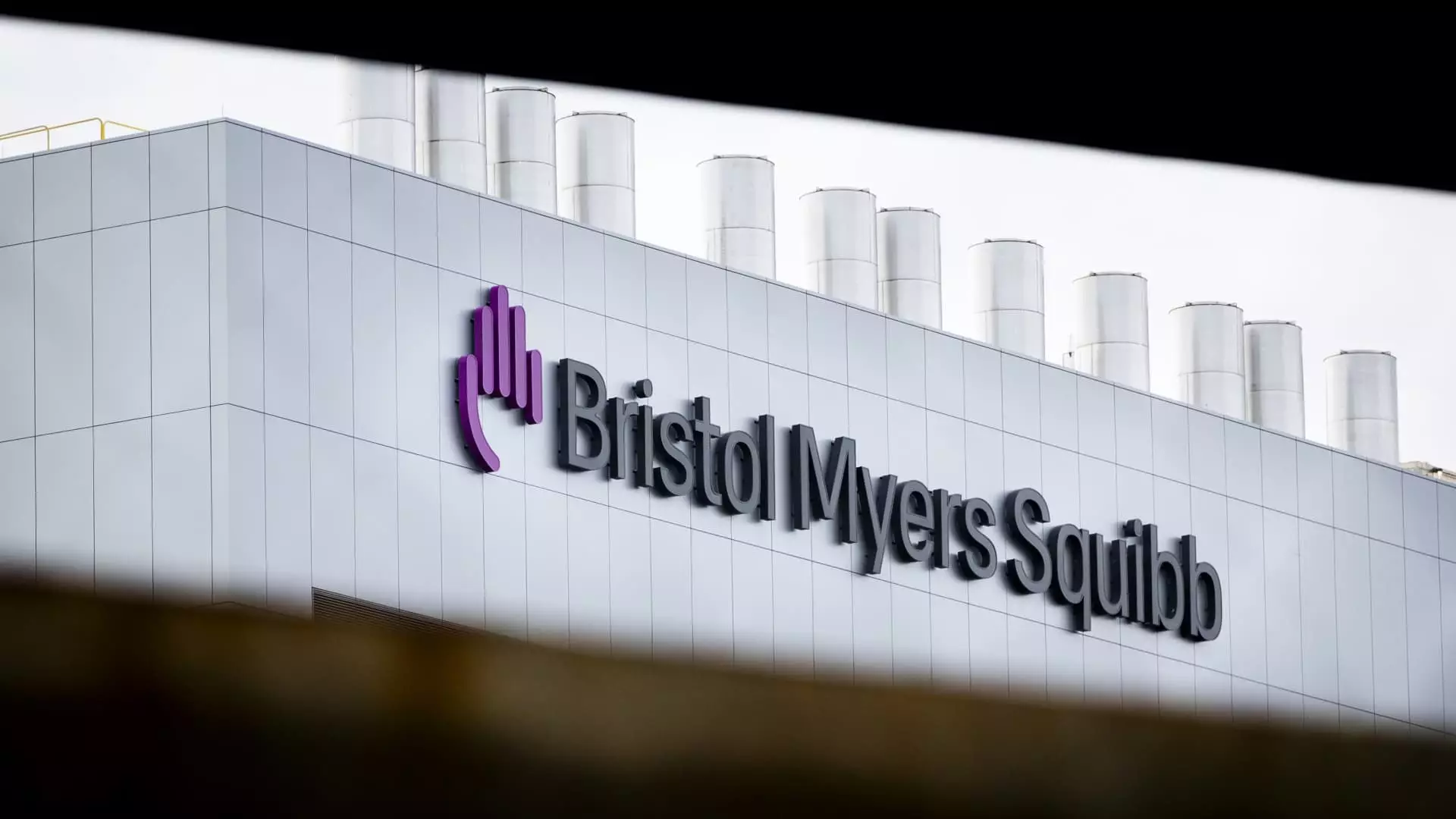Bristol Myers Squibb recently released its second-quarter earnings report, surpassing expectations and raising its full-year guidance. The pharmaceutical company reported a substantial increase in both earnings and revenue, prompting a surge in its stock price. This positive financial performance comes as Bristol Myers implements cost-cutting measures to streamline its operations and focus on key drug brands and research and development programs.
In the second quarter, Bristol Myers Squibb reported adjusted earnings per share of $2.07, significantly higher than the expected loss of $1.63 per share. The company’s revenue for the quarter also exceeded analysts’ estimates, reaching $12.2 billion compared to the projected $11.55 billion. As a result of its strong performance, Bristol Myers raised its full-year revenue forecast to reflect an increase in the “upper end” of the low single-digit range.
Moreover, Bristol Myers revised its adjusted earnings guidance for 2024, now anticipating earnings of 60 cents to 90 cents per share, up from the previous forecast of 40 cents to 70 cents per share. This positive outlook signals confidence in the company’s ability to sustain growth and profitability in the coming years.
Bristol Myers attributed its second-quarter sales growth to several key drugs in its portfolio. Notably, the company’s blood thinner, Eliquis, experienced a significant uptick in sales, contributing to the overall revenue increase. Additionally, the success of the cancer drug Opdivo and the blood cancer treatment Revlimid bolstered Bristol Myers’ financial performance for the period.
The company’s “growth portfolio,” which includes drugs like Opdivo, Reblozyl, and Camzyos, played a crucial role in driving revenue during the second quarter. These medications exceeded analysts’ revenue expectations, reflecting strong market demand and effective marketing strategies by Bristol Myers.
While Bristol Myers Squibb has achieved impressive financial results in the second quarter, the company faces challenges ahead. The looming loss of market exclusivity for key drugs like Eliquis and Opdivo poses a threat to future revenue streams. Additionally, increased competition from generics puts pressure on Bristol Myers to innovate and launch new drugs to maintain its market position.
Looking ahead, Bristol Myers must navigate pricing negotiations with the federal government and adapt to changes in healthcare policies that could impact sales of its flagship products. The company’s ability to balance cost-cutting initiatives with strategic investments in research and development will be critical for long-term success in the pharmaceutical industry.
Bristol Myers Squibb’s second-quarter earnings report demonstrates resilience and growth potential despite industry challenges. By leveraging its strong drug portfolio and implementing strategic measures to drive revenue, Bristol Myers is well-positioned to navigate the evolving healthcare landscape and deliver value to its shareholders.

